While knowledge is orderly and cumulative, information is random and miscellaneous
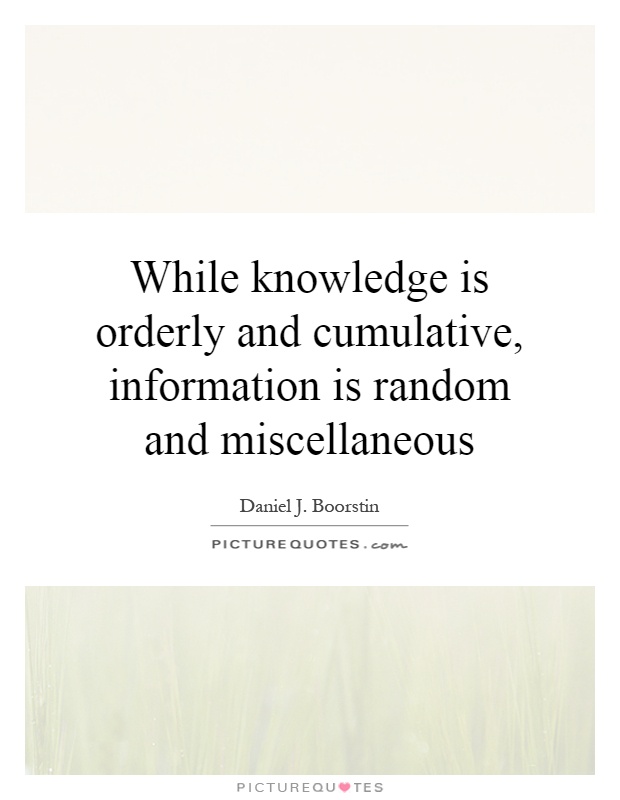
While knowledge is orderly and cumulative, information is random and miscellaneous
Daniel J. Boorstin, an American historian, once famously said, “While knowledge is orderly and cumulative, information is random and miscellaneous.” This statement holds true in today's digital age more than ever before. With the vast amount of information available at our fingertips, it can be overwhelming to sift through what is truly valuable knowledge and what is simply random data.Knowledge is the understanding and awareness of facts, information, skills, or experiences that have been acquired through learning or experience. It is organized and structured in a way that allows us to make sense of the world around us. Knowledge is built upon previous knowledge, with each new piece fitting into the existing framework like a puzzle. It is the foundation upon which we can build new ideas, theories, and innovations.
On the other hand, information is simply data that is presented to us without any context or meaning. It is random and often disconnected from any larger framework. In today's digital age, we are bombarded with information from all sides – social media, news outlets, advertisements, and more. This information is often presented in bite-sized pieces that are designed to grab our attention but may not necessarily contribute to our overall understanding of a topic.
Boorstin's statement highlights the importance of discerning between knowledge and information. In a world where we are constantly inundated with data, it is crucial to be able to filter out the noise and focus on what truly matters. Knowledge is what allows us to make informed decisions, solve problems, and navigate the complexities of the world around us. Without a solid foundation of knowledge, we are left adrift in a sea of random information, unable to make sense of it all.
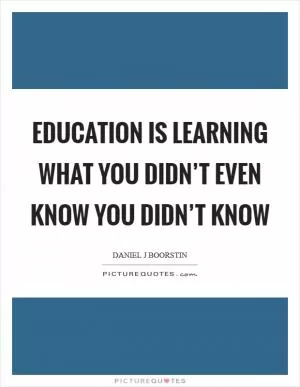
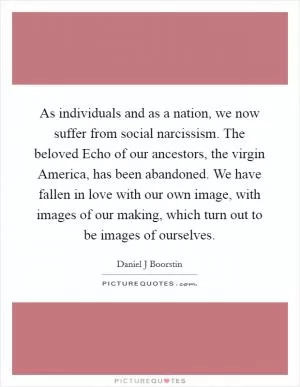

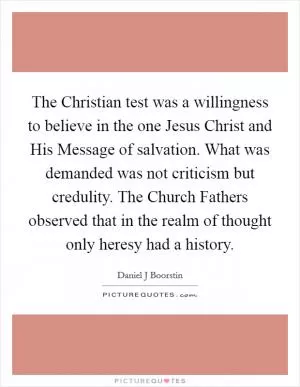
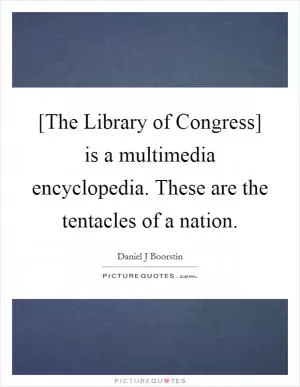
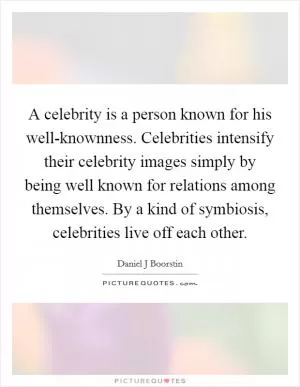
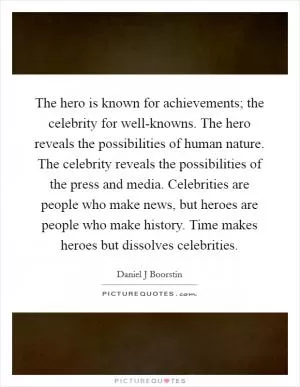
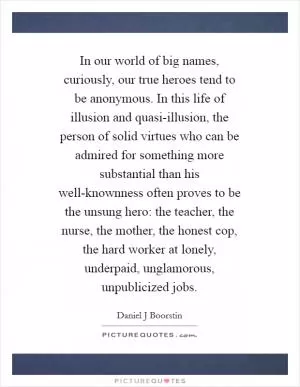

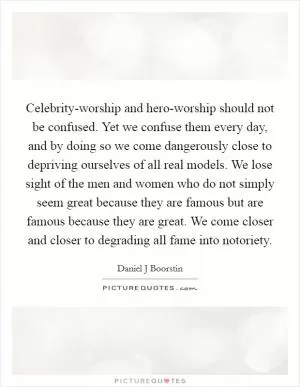
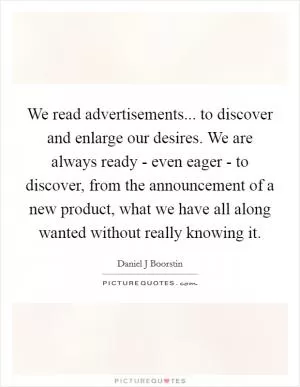

 Friendship Quotes
Friendship Quotes Love Quotes
Love Quotes Life Quotes
Life Quotes Funny Quotes
Funny Quotes Motivational Quotes
Motivational Quotes Inspirational Quotes
Inspirational Quotes